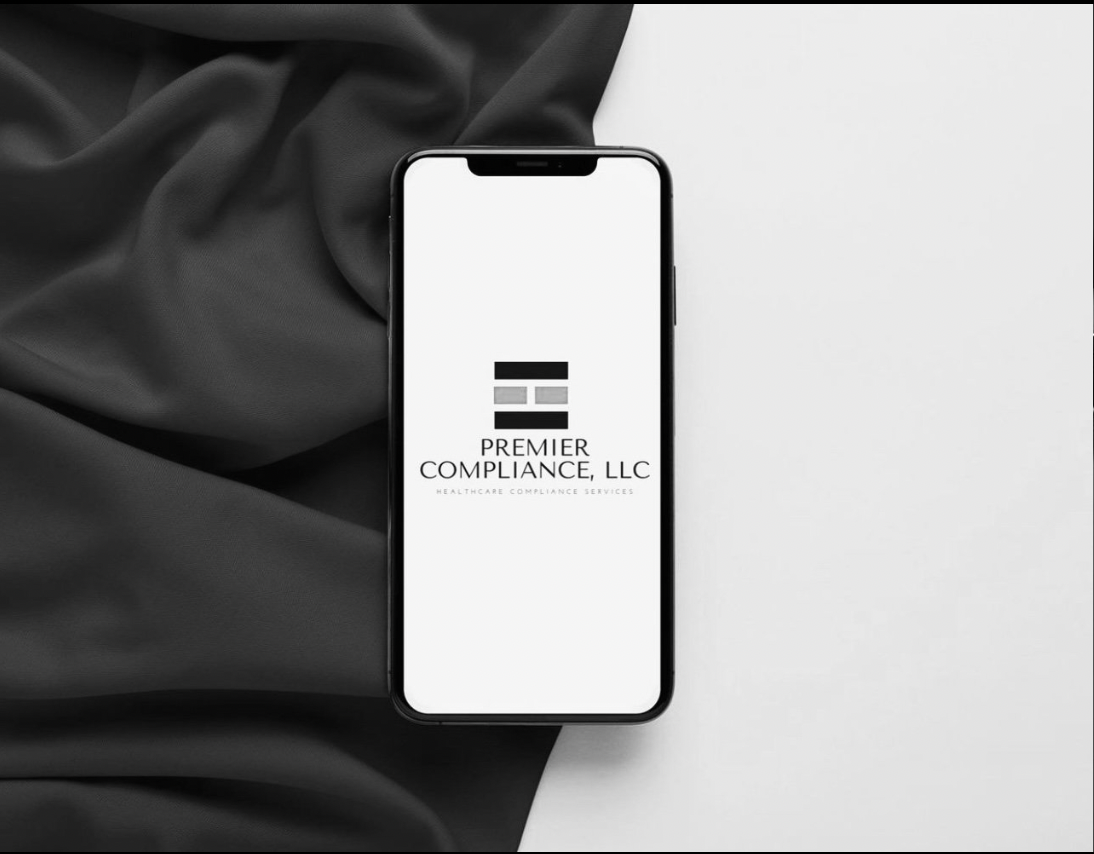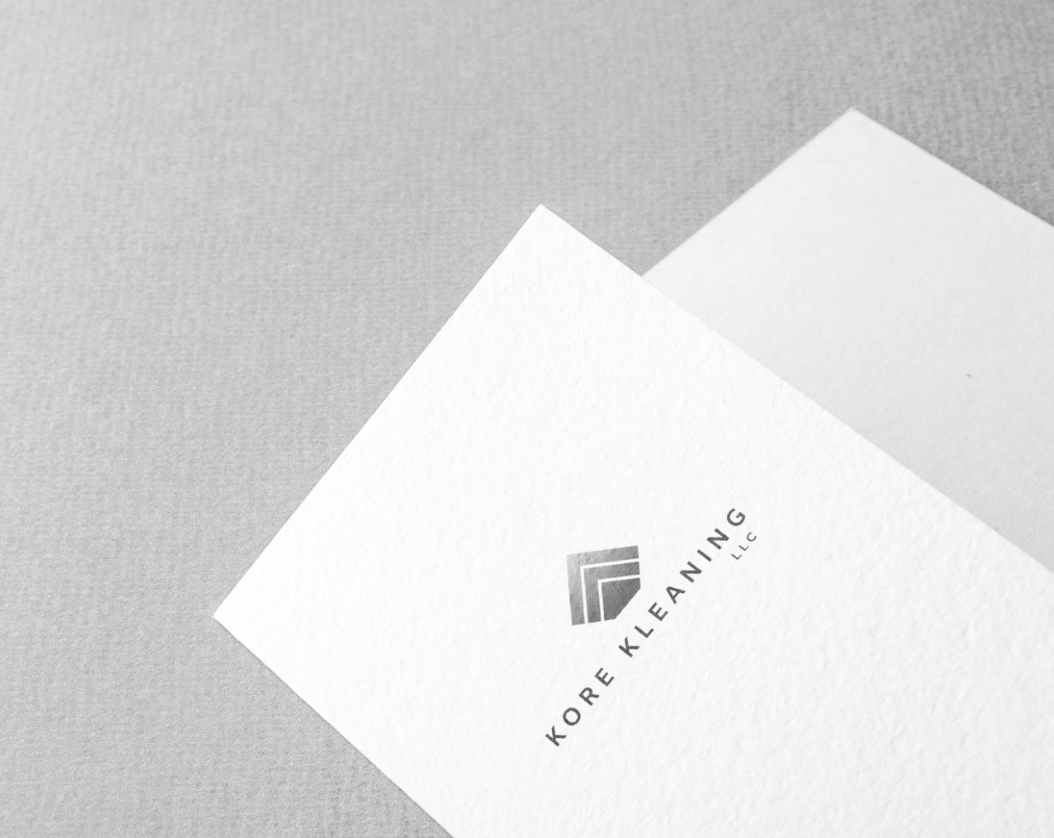
LOGO DESIGN & DEVELOPMENT.
—one of the most important factors of brand identity… a good company starts with a good logo.
[YOUR LOGO HERE.]
What makes a logo important for business?
1. Brand Identity
A logo serves as the visual representation of a business or brand. It is a symbol that helps customers identify and recognize a company. A well-designed logo becomes an essential element of the brand identity and helps differentiate a business from its competitors. It creates a memorable and distinct image in the minds of customers.
2. Recognition & Recall
A logo plays a significant role in creating brand recognition and recall. By consistently using a logo across various marketing channels and touchpoints, businesses reinforce their brand in the minds of customers. Over time, customers associate the logo with the company, its products, and its values. This recognition helps build trust and loyalty among customers.
3. Professionalism & Credibility
A professionally designed logo portrays a sense of professionalism and credibility. It conveys that the business is serious about its brand and committed to delivering quality products or services. A visually appealing and well-crafted logo adds a level of professionalism to a business's communication materials, such as websites, business cards, signage, and advertising.
5. Differentiation & Competitive Advantage
In a crowded marketplace, a unique and well-designed logo helps businesses stand out from the competition. It enables customers to differentiate between different brands and choose the one that aligns with their preferences and values. A distinctive logo helps create a positive first impression and can be a crucial factor in attracting customers and gaining a competitive advantage.
7. Scalability & Adaptability
A logo should be scalable and adaptable to different mediums and formats, from large-scale banners to small icons on digital platforms. A well-designed logo retains its visual impact and clarity, regardless of its size or where it is used. This versatility ensures that the logo remains effective and recognizable across various applications.
4. Brand Consistency
A logo serves as a visual anchor for brand consistency. It provides a consistent visual element that can be incorporated across different marketing materials and platforms. This consistency helps create a cohesive brand identity and ensures that customers can easily recognize and associate the logo with the business, regardless of the medium or channel used.
6. Emotional Connection
A well-designed logo has the power to evoke emotions and create a connection with customers. Colors, shapes, typography, and imagery used in a logo can evoke specific feelings and associations, influencing customers' perceptions and attitudes towards a brand. A logo that resonates with the target audience can establish an emotional connection, fostering customer loyalty and advocacy.







